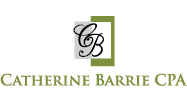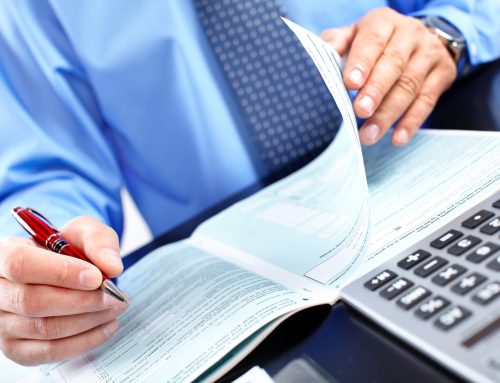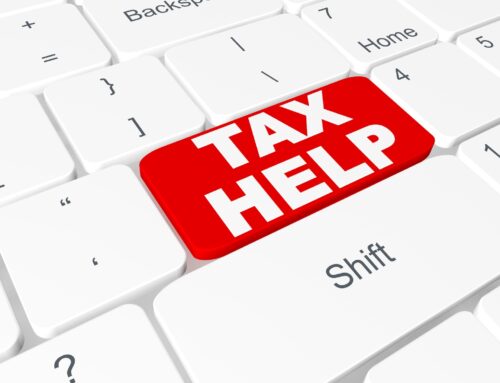Catherine Barrie Accounting thinks you should know that your CERB money is taxable. And Wants to take a quick moment to let you know how its going to work and help you plan for next years taxes.
Six million Canadians have applied for the Canada Emergency Response Benefit (CERB) amid the novel coronavirus pandemic.
The federal income support program provides $2,000 every four weeks for up to 16 weeks to Canadians who’ve been financially affected by the pandemic. Ottawa isn’t withholding any taxes at source on those benefits, meaning recipients are getting the full $2,000 for now.
But the money is “taxable,” Ottawa has said, and many Canadians are wondering just how much they’ll have to eventually pay back. The short answer is, that will depend in large part on how much income you’ll have for 2020 as a whole. “Taxable income is simply arrived at by adding up all different sources of income regardless of their source,” explains Catherine Barrie Accounting, CPA, CGA, MBA.
For example, suppose you made $27,000 from work in 2020 and received the maximum CERB amount of $8,000 for four months. Your taxable income for the year would be $35,000. Both the income you received from CERB and your job would be taxed in the same way, explains Cathy. However, the amount of tax you’ll actually have to pay may involve a variety of other factors — it’s even possible you won’t have to pay any tax at all.
For example, if you’re under $12,000 in total income for the year, you don’t have to worry about any income taxes next year. In fact, you may be in the clear, even if you made a little bit more than that. That is why we recommend you come in and get proper tax guidance from a Certified Professional Accountant, call us 705-719-7778 so we can guide you, and make sure you are prepared. For example, imagine you were an Ontario-based student with $15,000 in total taxable income, including CERB and a $5,000 tuition bill for the year. You’d be able to claim the education tax credit and end up with a tax refund of $225, assuming you also claimed the Climate Action Incentive.
It’s important to know there’s a difference between CERB and traditional employment insurance (EI) payments when it comes to taxes. While Ottawa doesn’t hold back any money on CERB cheques and deposit, there is a little bit of tax withheld at source for EI payments. This often leads to unpleasant surprises at tax time for EI recipients who also worked for part of the year.
This may explain why some Canadians are already worried about the tax bill they’ll face in 2021 given that CERB payments had no tax withheld at source at all. We highly recommend coming in and speaking with us to get proper accounting advice in Barrie.
You may be wondering about how much of your government cheque to set aside for taxes. But estimating your total income for 2020 could be tricky if you don’t know when or even whether you’ll be going back to work.
If you’re looking for a rule of thumb, Catherine suggests saving up 20 per cent of each CERB payment.
Most people’s effective tax rate — the average rate at which your income is taxed — falls somewhere between 15 per cent and 25 per cent, she tells clients. Try to save about 20 per cent is … is probably a good idea. That said, if you need the full $2,000 right now to pay for necessities, it’s important to keep in mind your tax bill won’t come due until April 2021, and that’s assuming Ottawa doesn’t extend the regular tax deadline next year as well, Cathy noted.
Canadians who go back to work once the health emergency is over may be in a better financial position to save up for their expected tax bill later on. We understand things are very tough right now for all Canadiens. However half the battle is being aware, and doing your best to take necessary measures to plan and be prepared.
You can find information on applying for assistance for you as a individual here or information for a business here.
Call to set up a appointment and come in for a consultation 705-719-7778
Catherine Barrie Accounting we make it count.
Follow us on Facebook






